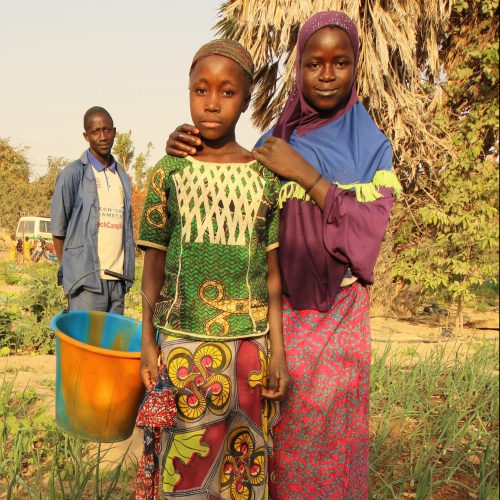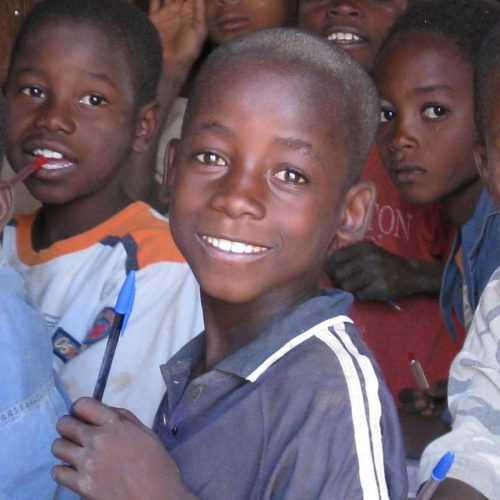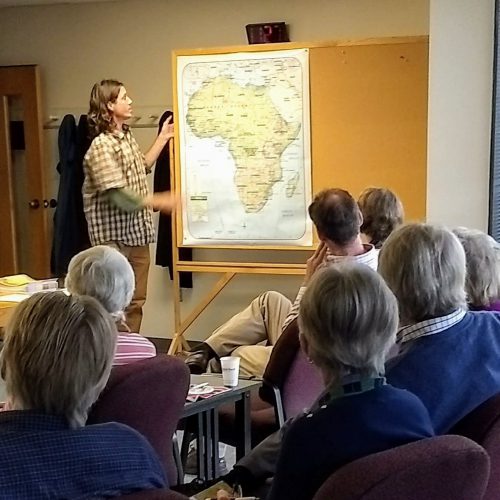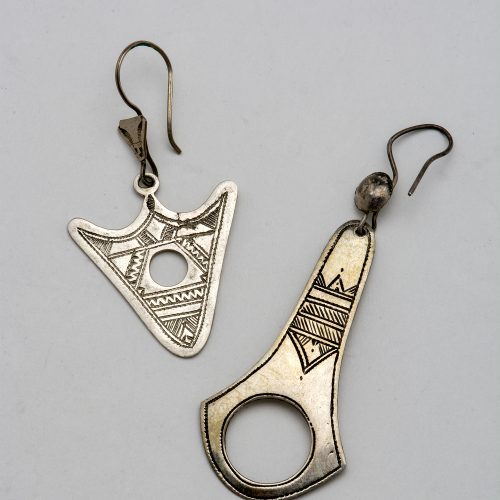We forge partnerships with rural and nomadic peoples in Niger to enable enduring and relevant livelihoods through access to education and opportunity. Together, we seek to enable greater resiliency by meeting immediate needs and laying the groundwork for future needs to be met as well.
Meeting immediate needs often requires resources and infrastructure that don’t exist locally.
Meeting long-term needs necessitates training and establishing processes so resources can be sourced and leveraged effectively.
Access to Infrastructure
Our partners are committed but no amount of hard work and innovation can make up for a lack of resources. Whether it’s a borehole well, drip irrigation system, or basic credit infrastructure, we help connect our community partners to the resources they need to maximize the results of all the effort they put in.
Education as a Platform for Knowledge & Skill Building
Education is key for systemic change. We want our community partners to be able to take what they learn with RAIN and to grow and adapt it as their environment shifts. From supporting formal academic education for students to peer-to-peer skills-based learning with adults, we seek to ensure all our program partners develop skills and knowledge to serve themselves, and their communities, long into the future.
Partnering with Communities
RAIN values mutual respect – the giving and sharing of knowledge, skills and resources between RAIN staff and our stakeholders – our partner communities. RAIN honors the values set forth in the United Nations Declaration on the Rights of Indigenous Peoples and seeks to ensure our partners remain at the center of our work.
Cultural Preservation & Rights Building
We seek to help communities find ways for new and traditional practices to not only coexist but complement one another as a means of strengthening intergenerational connections and building adaptability and resilience over time. We also use education as a vessel to transfer cultural practices, like weaving, to demonstrate that new practices, like formal education, are not an eradication of communities’ traditional ways of life.
In addition to formal education, “new” practices include supporting populations that have been marginalized, such as ethnic minorities, women, and youth, to organize and advocate for themselves.
Strengthening Intergenerational & Community Structures
As the world changes more and more rapidly around us, it can result in increased divisions – generationally and between other subsections of our communities. We seek to help our community partners to bridge these divides by strengthening youth connection to local culture, establishing intergenerational linkages, and helping women form specialized support networks. Enhanced community support structures and networks better enable communities to mobilize to address their needs and advocate for support. Our programs also build economic agency among women, supporting them as they break down cultural barriers to participate more fully in the local economy and become leaders within their communities.
Supporting Women and Children
Extreme poverty hits women and children hardest and research conducted all over the world suggests that improving a woman’s economic situation will carry through to improve her family’s quality of life long-term, from ensuring food is on the table, to ensuring her children are enrolled in and attending school. This is particularly important in many of our communities where the phenomenon of “exod” means men are often absent for months, or even years, at a time. By empowering girls to attend school and giving women the skills to build their own livelihoods, we not only promote gender equality but help whole villages escape the cycle of poverty.




